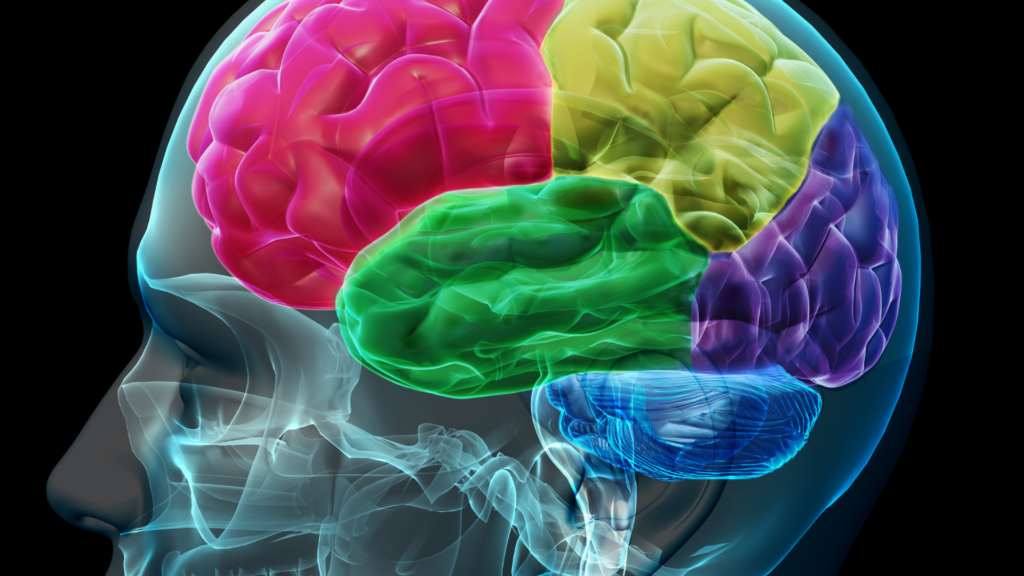
There are eight B vitamins which gain the most notoriety in supporting brain health and converting energy within the body. Often referred to as B Complex, it generally contains all essential eight B vitamins or a variation of the most common vitamins of the B group depending on the source. Deficiencies in B vitamins have been shown to impair cognitive function which may result in mood disorders or brain related disease.
The body doesn’t store B vitamins, so it is important to ensure you are receiving sufficient amounts through diet or supplementation. Studies have shown that nutrient levels of B vitamins may decrease with the use of heat while cooking and other food preparation methods. It is important to note that B12 is only supplied through animal based foods and if you are vegan, you should be routinely supplementing with B12 to ensure adequate levels of this essential nutrient.
B vitamins are crucial for the production of neurotransmitters which are chemicals responsible for delivering information throughout the brain and body. Known for boosting mood, B vitamins are an essential nutrient for maintaining proper nervous system development. Inadequate levels of B vitamins may result in neural tube birth defects during infant development. It is recommended to have a continuous supply of b vitamins in order to prevent cognitive decline due to the body’s inability to store these essential nutrients and of the utmost importance for women of child-bearing age to ensure proper daily amounts.
Despite current research being inconclusive on whether or not B vitamins can help with brain related diseases such as Alzheimer’s, dementia, and memory loss, studies have shown positive results when studying the cognitive function of brain health while supplementing with B vitamins. Overall researchers can agree that Folic acid supplementation for 3 years significantly improved domains of cognitive function that tend to decline with age. Studies have also shown that cognitive decline can be successfully slowed with the addition of supplementing with B vitamins.
Statistically, older populations may show more deficiencies in B vitamins as the body’s ability to properly absorb nutrients tends to decline with age. Poor nutrition, lower socioeconomic levels, dietary preferences, and health or congenital issues may lead to your body’s ability to absorb B vitamins. While sometimes there are no symptoms of a B vitamin deficiency, it can show up as low levels of white or red blood cells, weight loss, fatigue, or neurological conditions.